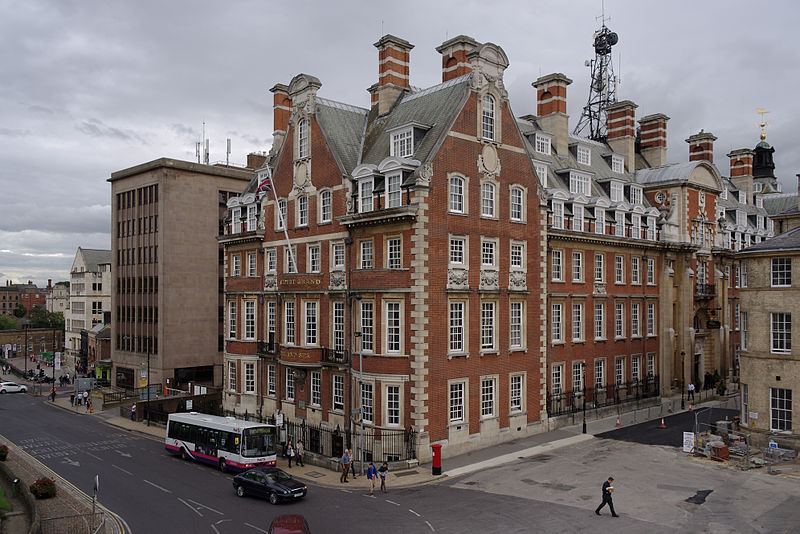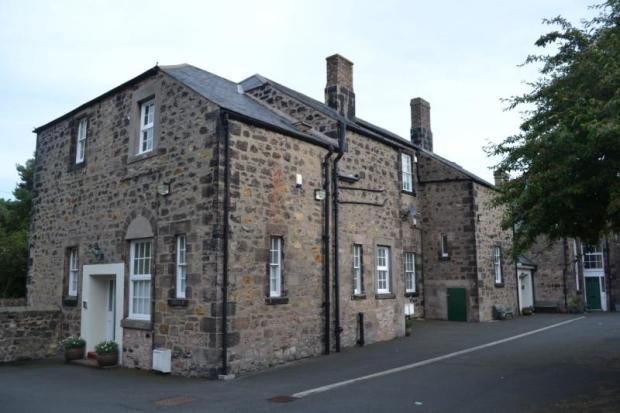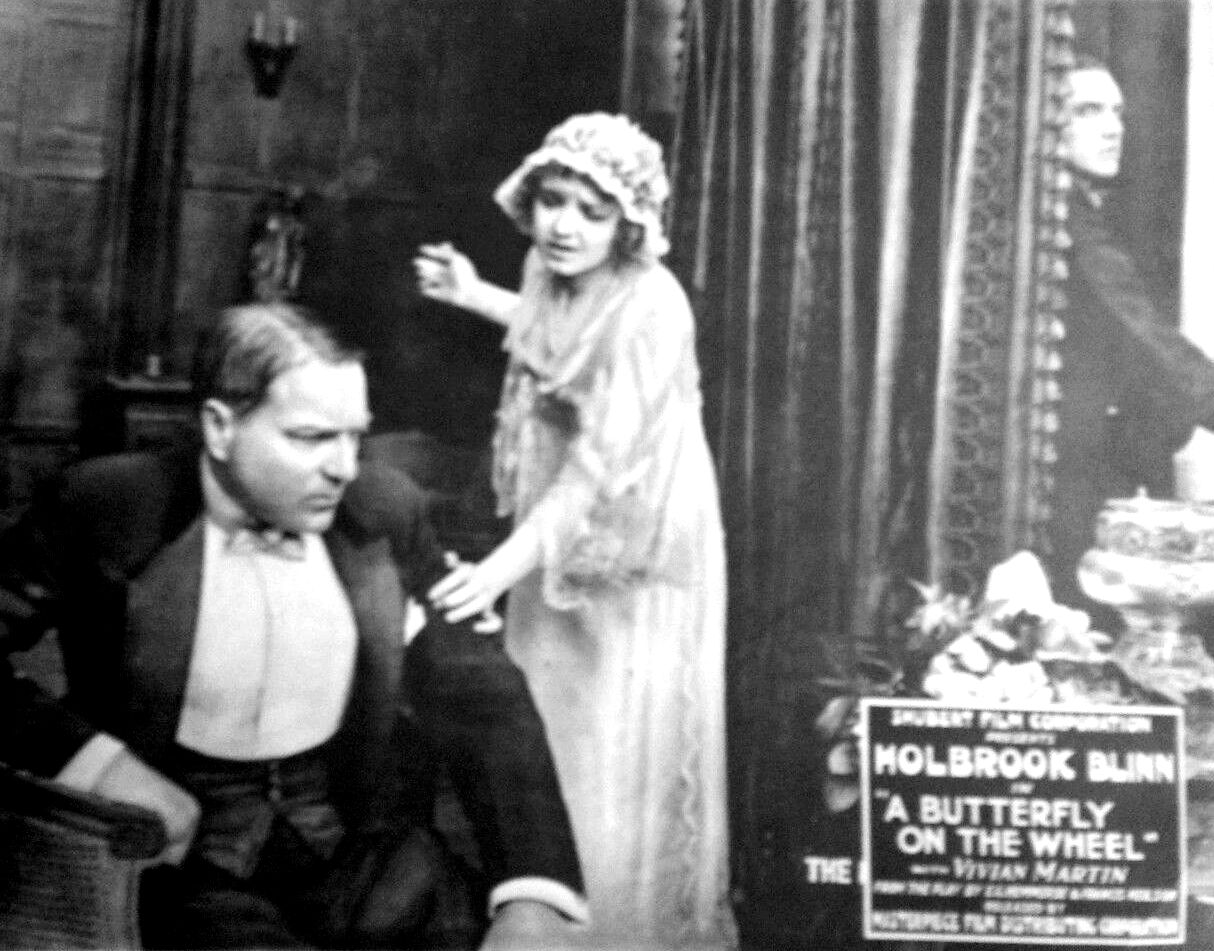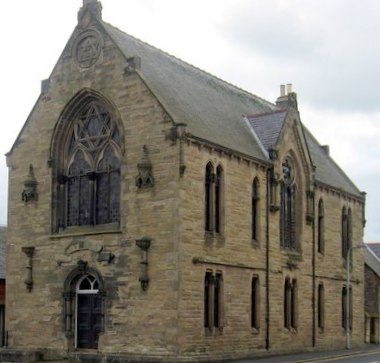BERWICK ADVERTISER, 24 FEBRUARY 1917
NORTH EASTERN RAILWAY COMPANY
ARRANGEMENTS FOR MEN TO JOIN THE VOLUNTEER FORCE
The following circular has been issued from the General Manager’s Office, York, of the North Eastern Railway Company:-
Arrangements have now been made under which all railwaymen who desire to do so will be permitted to join the Volunteer Force. For this purpose the staff will be divided into two classes as indicated below:-
- Those whom it would be possible to liberate from their railway duties in the event of an emergency such as an invasion, will, as in the past, be permitted to take up full responsibilities of membership (including the requirement as to putting in a specified amount of training and drill) as Volunteers in the ordinary sections (i.e., Section A, men not of military age, and Section B, men of military age).
- The rest of the staff, whom it would not be possible to liberate, will, nevertheless, be permitted to join a special section of the Volunteer Force known as Section R. members of this section will not be called out for actual military service, even in an emergency such as an invasion, without the consent of the company.

It should be clearly understood by all railwaymen who join the Volunteer Force (whether in the ordinary sections A or B, or in the special section) that they will not in any case be required by the Volunteer Force or allowed by the railway company to attend any training or drill which would interfere with the proper performance of their railway duties.
Members of the staff who desire to join the Volunteer Force should make application to the head of their department for the necessary permission. Every man so applying will be given by the company a special certificate on Army Form V.4006 authorising his enrolment either as a full member of the Force (Section A or B) or as a member of the special section R, and this certificate should be handed at the time of enrolment to the officer commanding the Volunteer Battalion.
Permission to enrol as a full member of the force will be given wherever possible, and in those cases in which it is necessarily withheld, permission will be given to enrol in Section R.
LOCAL NEWS
Berwick Corn Exchange Company Limited- The annual report states: – The Directors have pleasure in submitting their annual report, and congratulate the shareholders on the result of the year’s working. Owing to the lighting restrictions, the hall has not been used for theatrical or concert purposes during the year, and the amounts received from rents has consequently been small. The increased charges which came into force in January last resulted in a substantial rise in the revenue from stalls, and the receipts from other sources have been well maintained. The profits for the year is £260 14s 1d, which, with £27 2s 10d brought forward, leaves an available sum of £287 16s 11d. The usual dividend for five per cent, is recommended, less income tax, which will absorb £155 8s 4d, carrying £75 to reserve fund (thereby raised to £500), and the balance, £57 8s 7d, to next account. The directors who retire by rotation are Mr Short, Mr Herriot, and Mr Smail, all of whom are eligible for re-election.

Football. – Quite an interesting game was witnessed on the Belford football ground on Thursday of last, week the competing teams being Belford and Northern Cyclists Signallers. The condition of the ground was rather unfavourable; still, the play on both sides was good. Little life was shown at opening of the game, but suddenly the soldiers set to with a will and kept the defenders busy. A corner, taken by Cyclist Hilton, proved fruitless, the Belford goal keeper making a smart save. Eventually the soldiers opened the scoring, Cyclist Burrows securing a point from a good pass by Cyclist Whitby. Shortly afterwards Lieut. Clapperton with a very fine shot sent the ball home, and just before half time Cyclist Burrows scored. A half-time the score stood as follows: – Solders- 3 goals, Belford – nil. In second half Belford showed great improvement. Lance- Corporal Rogers broke through the defence with a really excellent shot, registering for Belford one goal. Some very fast play was shown towards the close, but Belford was fairly outclassed, the final; result being – Soldiers – 4 goals, Belford – 1 goal. Quite a decent number of interested people were present.
Startling Discovery in Bridge Street Baker’s Premises. – An unusual and gruesome discovery was made the other day in excavating the premises of Mrs Thompson, baker, Bridge Street, Berwick, when the front portion of a human skull was unearthed only a few inches below the kitchen floor. Workmen were engaged in building a new oven at the time the startling relic of humanity was found. The kitchen floor has immediately underneath it a few inches of earth, and below that again there are stone slabs. It was between the slabs and the wooden floor that the skull was unearthed. Several teeth were in the upper jaw, and looked very fresh, and in perfect condition. There were two other bones discovered, and one of these appeared to be a rib bone. When or how the skull came to be placed in the spot it was discovered is a matter of conjecture, but it would appear that before this could have been done the flooring must have been lifted and re-laid. Mr John Bishop, Scott’s Place, obtained possession of the skull, and those who may be curious to have a view of same can do so by communicating with that gentleman. It is doubtful to say to which sex the cranium belonged.
SALE OF WORK AND CONCERT A TWEEDMOUTH GIRLS’ NATIONAL SCHOOL
On Friday afternoon last a sale of work and concert was held in the Girls’ National School, Tweedmouth, under the patronage of the Mayor and Mayoress. The schoolroom was packed with a highly appreciative audience, chiefly composed of the mothers and other relatives of the children, admission being by ticket. The Vicar (Rev. P .G. Peacocke) announced at the opening of the concert that as the proceeds of the day were to be devoted to charitable objects. viz:- The Guild of Aid, Prisoners of War Fund, and the local Smoke Fund, no tax would be levied, thus allowing the full amount received to be used in the channels mentioned. The articles offered for sale before the concert were nearly all made by the children during the past winter months and comprised a varied assortment of artistic sewing work in the shape of dolls clothes, and other ornamental knickknacks for home decoration, some others being of a more useful character, all however, commanded a ready sale.

An interesting item in the proceedings was a guessing competition over the name of a neatly dressed doll given by Jeanie Short, the doll to go to the one who guessed its name. Each guess cost one halfpenny, and to show how keen the competition was, the sum of £1 2s was gambled away in half-pennies, and as Miss Helyer put it – the doll had proved a golden egg; yet out of 528 who had been so prodigal with their coppers, not one was correct. The choosing of the name fell to the Mayoress, and on the envelope being opened in the schoolroom, it was found to be “Hope,” the first part of the name of the residence of the Mayor and Mayoress, viz. :- “Hopeville.” Their being 528 disappointed ones somewhere, Mrs Plenderleith kindly handed the coveted doll back to its little mistress, Jeanie Short, who received it with smiles.








